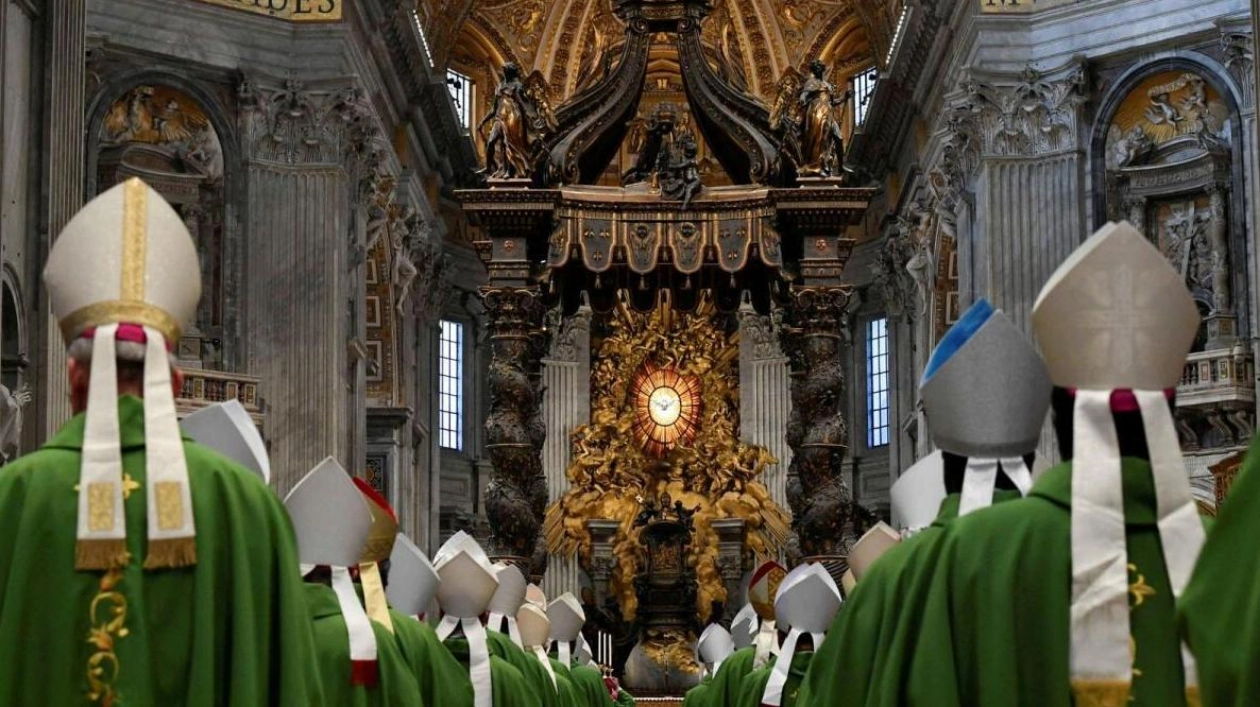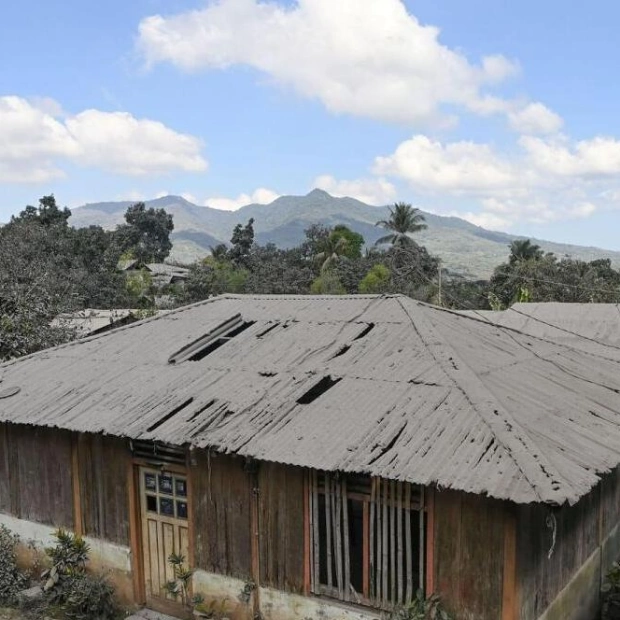A new Vatican document suggests that women will not be granted the role of deacons in the Catholic Church in the near future, despite calls for greater involvement. The topic will not be discussed during the second session of Pope Francis's Synod of Bishops in October, which focuses on addressing contentious issues within the 21st century Church. The Synod, initiated by Francis in 2021 to foster closer ties with the faithful, invited 1.3 billion Catholics worldwide to contribute their views on various topics, including divorce, women deacons, and priestly celibacy.
The upcoming October session is a continuation of discussions from the first session held last year, which, for the first time, included participation from women and laypeople in shaping the Church's future. However, the Holy See's recent document outlining central themes for the October 2-27 talks did not include women deacons. The document noted differing opinions among local Churches regarding women in diaconal ministry, emphasizing the need for ongoing theological reflection on the matter.
Pope Francis has encouraged discussions on the role of women within the Church, which has traditionally been led by men and does not recognize female priests or divorce. The issue of women serving as deacons, who can perform baptisms, marriages, and funerals but not masses, remains highly controversial. The first session's conclusions highlighted the urgency of granting women more decision-making roles and further research on the possibility of their involvement as deacons.
The latest document acknowledged the Synod's recognition of the need to fully appreciate women's charisms, vocation, and role. It also highlighted the untapped potential for women's participation in Church life and called for the creation of more opportunities within parishes. The document cited a Latin American bishops' conference, which emphasized the persistence of machismo and the need for increased female participation in all ecclesiastical spheres.
Discussions during the second session will explore ways to include more women in decision-making, expand access to leadership roles within dioceses, seminaries, and institutes, and increase the number of women in canonical processes. The document also called for more inclusive language. The general assemblies, attended by hundreds of participants including bishops and other clergy, for the first time included women—nuns and laywomen—who participated in consultations and were granted voting rights.
Following the October assembly, a final document will be presented to the pope, who will decide whether to integrate its findings into a papal document.






